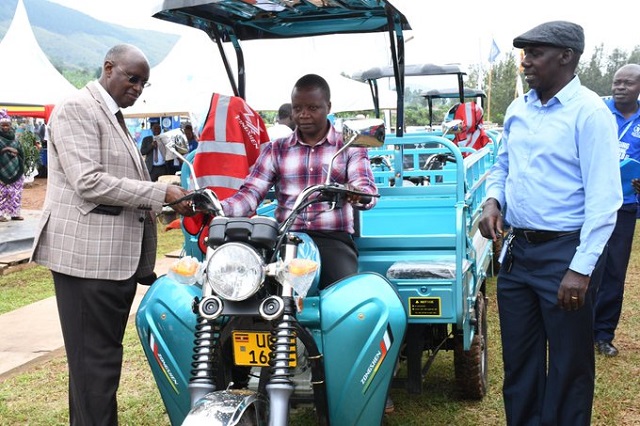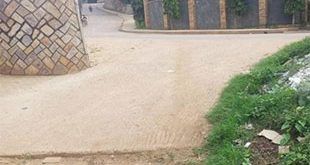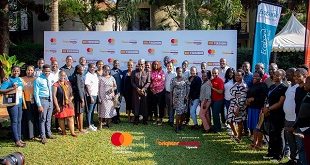
Isingiro, Uganda | THE INDEPENDENT | The Government of Uganda and the World Food Program have launched the Self-Reliance Model that will kick start a journey of Refugee from dependence on food and cash support from donors to self-provision.
The model launched today (Tuesday) in Oruchinga Refugee Settlement of Isingiro District targets 100,000 participants from both Refugees and Host Communities.
Launching the Model, Hillary Onek the Minister for Relief, Disaster Preparedness, and Refugees said that the little resources that come to the country to support the refugee programs will be availed to the refugees and host communities to do self-reliance and be able to feed themselves.
He said the model is substituting the old model of providing food to refugees that is being affected by reduced resources and rations from support communities.
The program will be rolled out to other refugee settlements and camps across Uganda.
Abdirahman Meygag the WFP country representative and director asked the government to create an enabling environment not only allowing freedom of movement and right to work but also providing access to markets and public services to refugees with marketable skills and abilities to build their own livelihoods.
He said the model comes against a backdrop of dwindling resources to ensure and sustain livelihoods and economic opportunities for refugees.
Emily Doe the head of the World Food Program Southwest office said that the Self-Reliance model will focus on mindset change and social empowerment, livelihood diversification, and social protection to address refugee and host community challenges like limited access to financial services, markets and land.
She said that before the launch of the Self Reliance Model, the World Food Program carried out refugee assessments and the host community engagements to allow the beneficiaries themselves to determine the support needed to transition to self-reliance.
Paul Shelubale Ali, the UNHCR head of the Southwest area Office, said the five-year program is aimed at creating an environment of refugee economic inclusion to strengthen their livelihoods.
Alone Turahi, the Chairperson of Isingiro District, commended the climate change component in the model stating that the district is susceptible to disasters such as floods and prolonged droughts noting that these disasters make it difficult for both refugees and host communities to earn a decent living, leading to conflicts between them.
He said that the components of climate change in the self-reliance model will solve the conflict risk.
Muhamud Shabeer, a Somali refugee and participant in the Self-Reliance program, stated that the program has taught him and others that capital is not just money, and this understanding has enabled them to improve their lives by creating and selling products such as jelly and clothing designs.
At the launch the minister gave out tricycles to three groups of Karubanda Asset Creation and Livelihood, Gamba N’kora group, and Kashare Host and Refugee group to help them deliver their produce to Markets.
Isingiro District is host to over 155,000 refugees in Nakivale and Oruchinga settlements.
*******
URN
 The Independent Uganda: You get the Truth we Pay the Price
The Independent Uganda: You get the Truth we Pay the Price



